A Glimpse into Africa’s Aquatic Jewels: Exploring the Continent’s Lakes
Related Articles: A Glimpse into Africa’s Aquatic Jewels: Exploring the Continent’s Lakes
Introduction
With great pleasure, we will explore the intriguing topic related to A Glimpse into Africa’s Aquatic Jewels: Exploring the Continent’s Lakes. Let’s weave interesting information and offer fresh perspectives to the readers.
Table of Content
A Glimpse into Africa’s Aquatic Jewels: Exploring the Continent’s Lakes
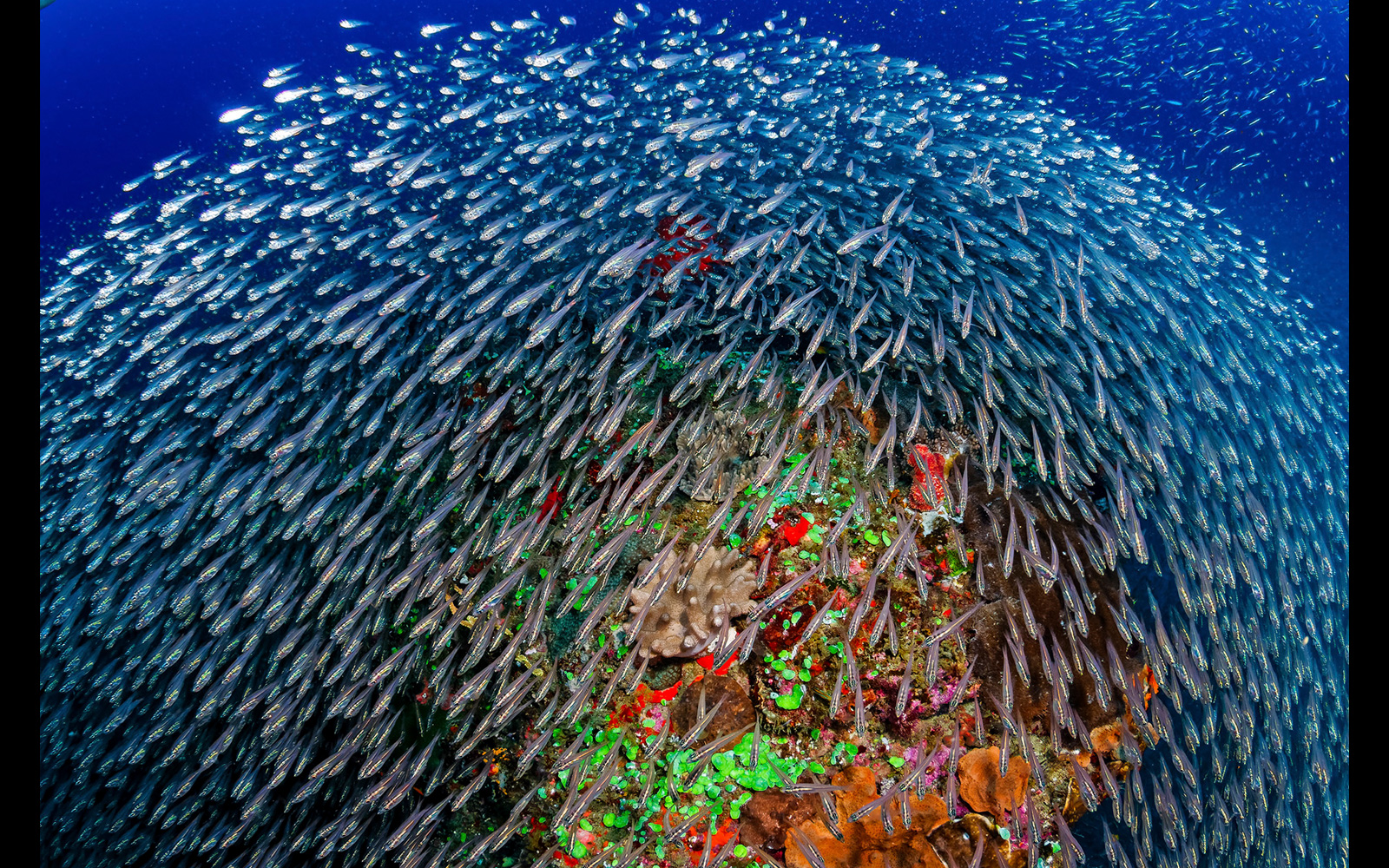
Africa, a continent renowned for its diverse landscapes and rich history, boasts a remarkable network of lakes, each holding unique ecological, cultural, and economic significance. These aquatic jewels, scattered across the continent’s diverse regions, contribute significantly to the overall ecosystem and the well-being of its inhabitants.
A Mosaic of Aquatic Landscapes:
Africa’s lakes are not merely bodies of water; they are vibrant ecosystems teeming with life, each reflecting the distinctive characteristics of its surrounding environment. From the vast expanse of Lake Victoria, the largest freshwater lake in the world, to the serene beauty of Lake Malawi, renowned for its diverse fish species, these lakes offer a fascinating glimpse into the continent’s natural tapestry.
The Importance of Africa’s Lakes:
The significance of Africa’s lakes extends far beyond their aesthetic appeal. They play a crucial role in:
- Water Resources: Providing a vital source of freshwater for human consumption, agriculture, and industry, particularly in arid and semi-arid regions.
- Biodiversity: Supporting a vast array of plant and animal life, including endemic species found nowhere else on Earth.
- Fisheries: Offering a significant source of protein and livelihood for millions of people, contributing to food security and economic development.
- Transportation: Providing vital waterways for trade and transportation, connecting communities and facilitating economic activity.
- Tourism: Attracting visitors from around the world, contributing to the continent’s tourism industry and promoting cultural exchange.
A Closer Look at Notable Lakes:
- Lake Victoria: Located in East Africa, it is the largest freshwater lake in the world, forming a vital resource for the surrounding countries and supporting a rich biodiversity.
- Lake Tanganyika: Situated in the Great Rift Valley, it is the longest and deepest freshwater lake in the world, renowned for its diverse fish species and unique ecosystem.
- Lake Malawi: Situated in southeast Africa, it is known for its exceptional biodiversity, particularly its cichlid fish species, which are found nowhere else on Earth.
- Lake Chad: Located in central Africa, it is a shrinking lake, facing significant environmental challenges due to climate change and human activities.
- Lake Turkana: Situated in northern Kenya, it is the largest permanent desert lake in the world, offering a fascinating example of adaptation to harsh environments.
Challenges and Opportunities:
While Africa’s lakes offer a wealth of resources and opportunities, they also face significant challenges:
- Climate Change: Rising temperatures, changing rainfall patterns, and increased evaporation threaten the water levels and ecosystems of many lakes.
- Pollution: Industrial and agricultural runoff, sewage disposal, and other human activities contribute to water pollution, affecting water quality and biodiversity.
- Overfishing: Unsustainable fishing practices deplete fish stocks, impacting livelihoods and food security.
- Population Growth: Increasing populations put pressure on water resources, leading to competition and conflicts over water use.
The Importance of Sustainable Management:
Addressing these challenges requires a comprehensive approach to lake management, focusing on:
- Conservation and Protection: Implementing measures to protect water quality, conserve biodiversity, and mitigate the impacts of climate change.
- Sustainable Use: Promoting responsible fishing practices, managing water resources efficiently, and developing alternative sources of income.
- Community Involvement: Engaging local communities in lake management, promoting ownership, and ensuring equitable benefits.
- International Cooperation: Fostering collaboration between countries sharing lake resources to address transboundary challenges.
FAQs about Africa’s Lakes:
1. What are the main factors contributing to the shrinking of Lake Chad?
The shrinking of Lake Chad is primarily attributed to a combination of factors, including:
- Climate Change: Reduced rainfall and increased evaporation due to climate change have significantly reduced the lake’s water levels.
- Population Growth: Increasing population pressure in the surrounding region has led to increased water demand for agriculture and other uses.
- Overgrazing: Overgrazing by livestock depletes vegetation, leading to soil erosion and reduced water infiltration.
- Dam Construction: Upstream dam construction on the Chari River, the lake’s main tributary, has reduced water flow to the lake.
2. How does Lake Victoria contribute to the economies of the surrounding countries?
Lake Victoria plays a crucial role in the economies of Kenya, Tanzania, and Uganda, contributing to:
- Fisheries: Providing a significant source of protein and income for millions of people through fishing activities.
- Agriculture: Supporting irrigation for agriculture in the surrounding region, contributing to food production.
- Tourism: Attracting visitors from around the world, boosting tourism revenue and promoting cultural exchange.
- Transportation: Facilitating trade and transportation between the surrounding countries, connecting communities and businesses.
3. What are the main threats to the biodiversity of Lake Malawi?
The biodiversity of Lake Malawi is threatened by:
- Pollution: Industrial and agricultural runoff, sewage disposal, and other human activities contribute to water pollution, impacting water quality and fish populations.
- Overfishing: Unsustainable fishing practices deplete fish stocks, particularly the unique cichlid species, impacting the lake’s biodiversity.
- Invasive Species: The introduction of non-native species, such as the Nile Perch, can disrupt the delicate balance of the lake’s ecosystem.
Tips for Supporting the Sustainable Management of Africa’s Lakes:
- Reduce Water Consumption: Conserve water at home and work, promoting water efficiency and reducing the strain on water resources.
- Support Sustainable Fishing Practices: Choose seafood from sustainable sources, promoting responsible fishing methods and protecting fish populations.
- Promote Environmental Awareness: Educate yourself and others about the importance of protecting Africa’s lakes and the challenges they face.
- Support Conservation Organizations: Donate to or volunteer with organizations working to protect Africa’s lakes and their biodiversity.
Conclusion:
Africa’s lakes are not just bodies of water; they are vital ecosystems, cultural treasures, and economic assets. Recognizing their significance and addressing the challenges they face is crucial for the well-being of the continent and its people. By promoting sustainable management practices, fostering international cooperation, and raising awareness about the importance of these aquatic jewels, we can ensure that future generations can continue to enjoy the benefits of Africa’s lakes.
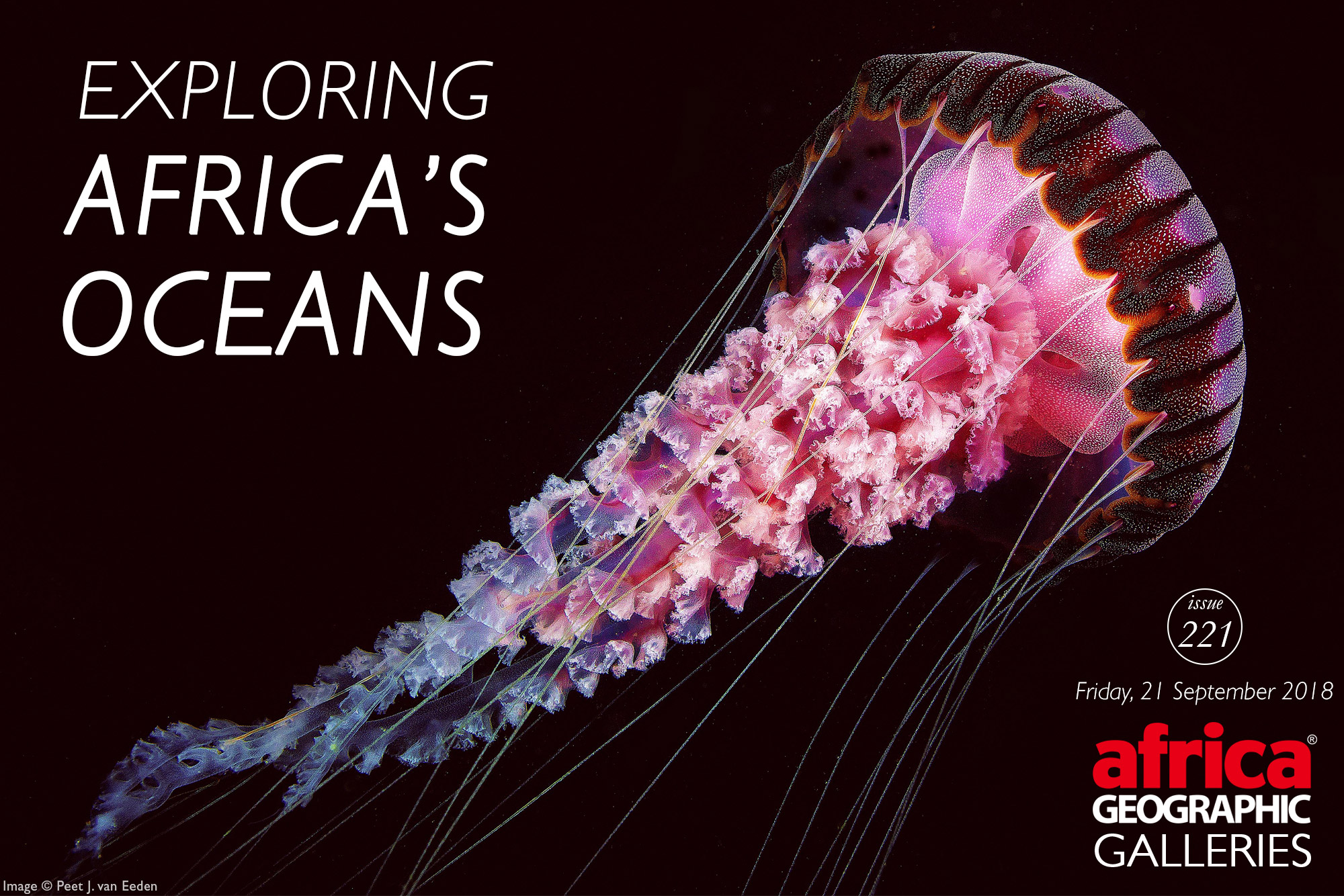
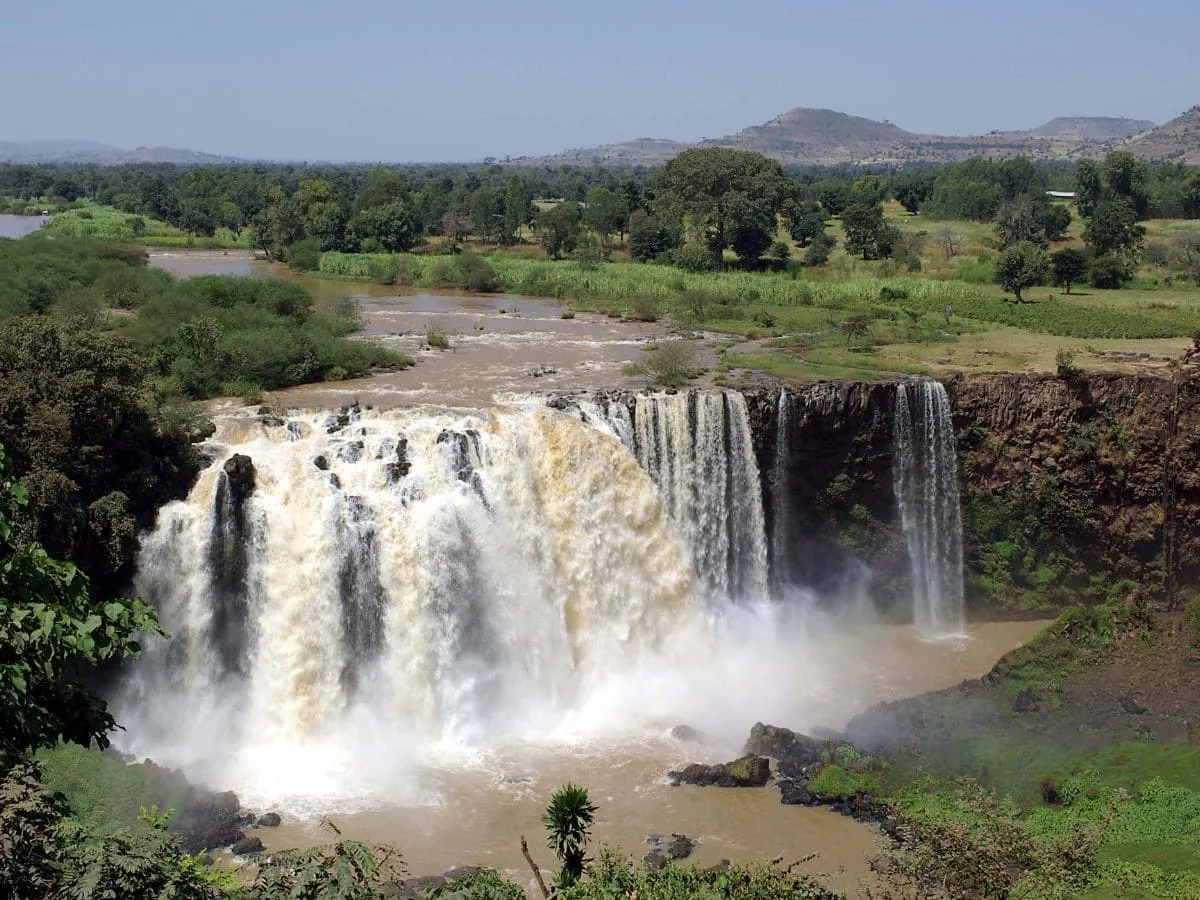

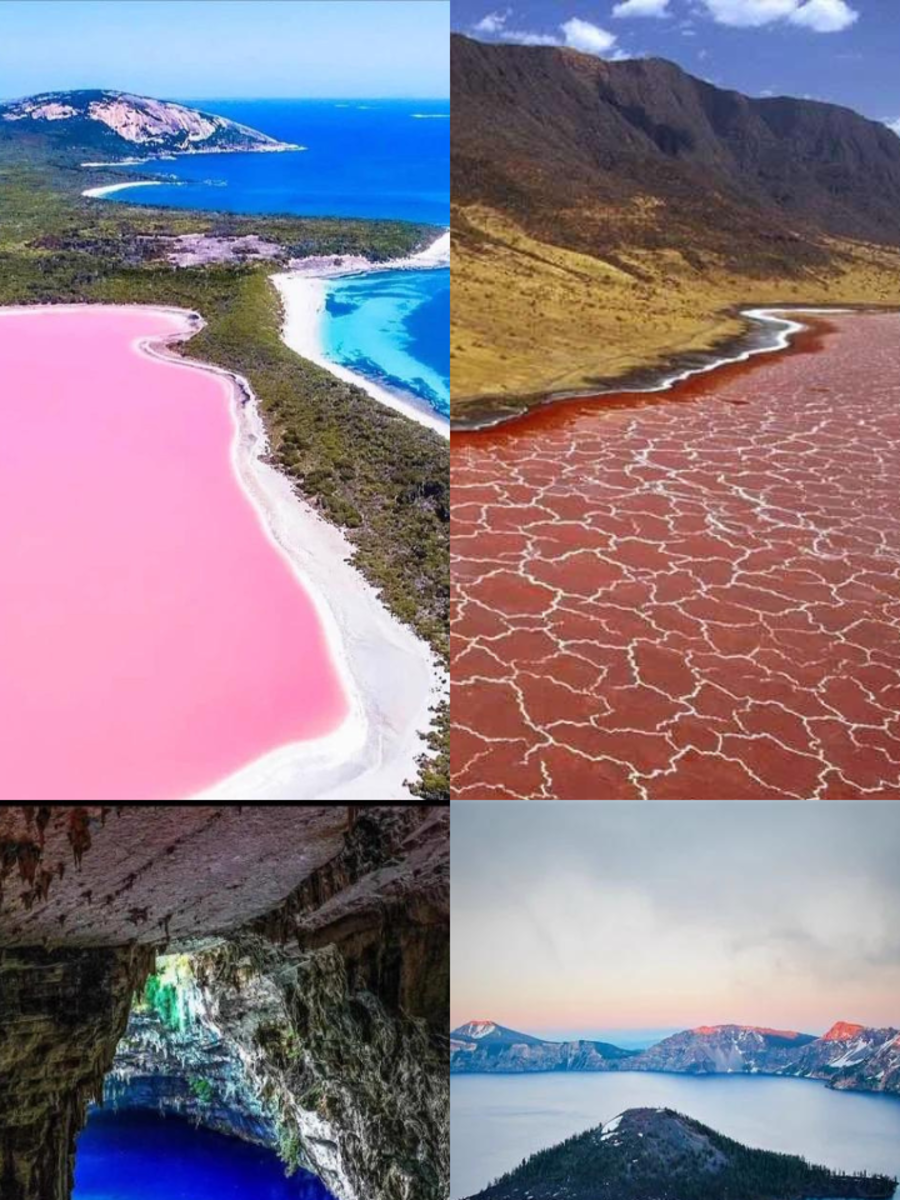

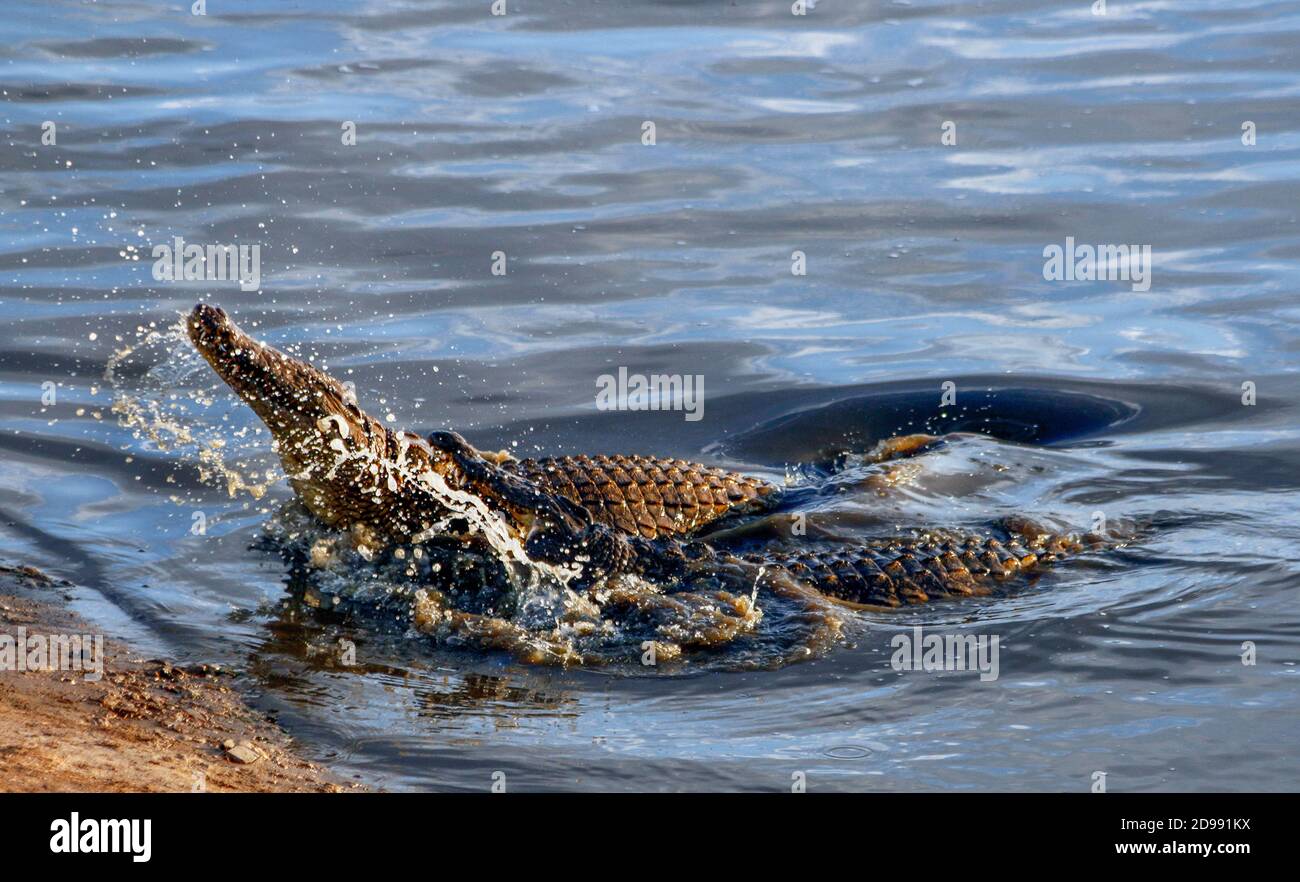
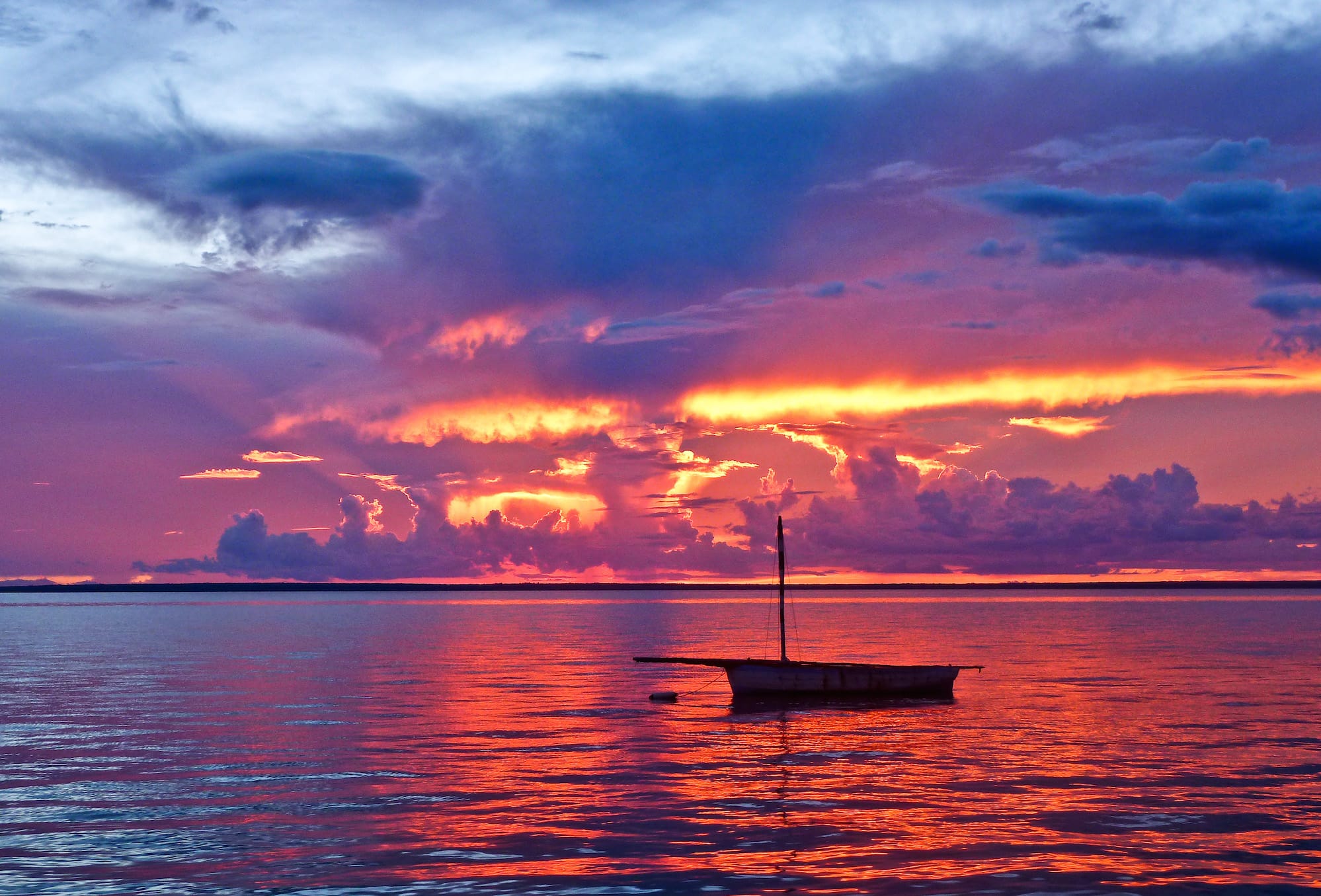

Closure
Thus, we hope this article has provided valuable insights into A Glimpse into Africa’s Aquatic Jewels: Exploring the Continent’s Lakes. We thank you for taking the time to read this article. See you in our next article!